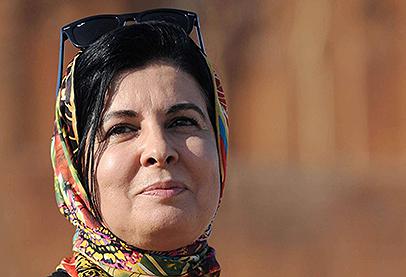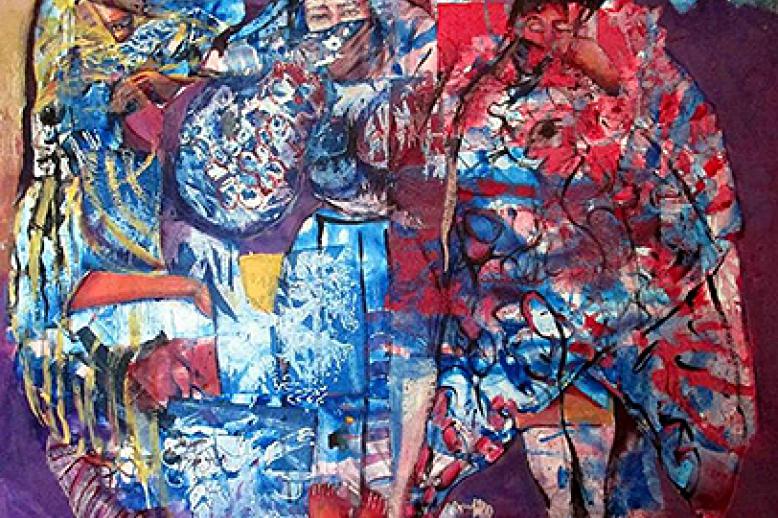Debate on equal inheritance heats up in Morocco

sma Lamrabet resigned from Morocco’s Islamic league of theologians after she defended equal inheritance and caused an uproar among conservatives.
Lamrabet, in a statement, said she expressed “strictly personal” views during a university conference on inheritance. Her comments led to controversy at the Academic Council of the “Rabita
Mohammadia” — the Islamic league of theologians — in which she was director of the Centre for Women’s Studies and Research in Islam.
“Faced with such pressure, I was forced to submit my resignation because of the divergences on the approach of equality between men and women within the religious frame of reference,” said Lamrabet in her statement.
Lamrabet claims to have always advocated a progressive, reformist and depoliticised reading towards the issue of women in Islam. She said: “It is the action that I have always led through the deconstruction of rigorous and patriarchal readings, especially through my various works.”
Lamrabet insisted that her volunteer work within the Rabita had no other ambition than to serve her country and was aimed at fostering a “peaceful Islam, contextualised and in tune with universal humanistic values compatible with our cultural values.”
The equal inheritance issue has long been a taboo in Morocco, despite its reputation for a moderate view of Islam.
Many NGOs and celebrities, in addition to some religious figures, have openly called for “Ijtihad” — an independent interpretation — on the issue of equality between men and women. Conservatives reject even debate on the issue, arguing that Quranic texts cannot be changed.
Last year, Tunisia became the first Arab country and fourth Muslim nation to suggest amending equal inheritance laws when President Beji Caid Essebsi set in motion a debate to reform the country’s inheritance law, which currently allots men double the amount of their female counterparts, according to Islamic jurisprudence. A special commission created to study the issue is to present its findings in June.
In Morocco and most Muslims countries, a woman receives half as much as a man in inheritance and cannot collect the bequests without the participation of at least one male relative.
Saida Idrissi, president of the Democratic Association of Moroccan Women, said Morocco’s 2011 constitution stipulates gender equality in all fields including economic rights that “enclose inheritance.”
“Given that inheritance is a very important economic issue, men do not want to share this wealth to which women have contributed,” Idrissi said last August.
Hundreds of Moroccans last month called for the annulment of Ta’sib, a rule that gives the rights to the men closest to the family of the deceased or distant relatives, even unknown and never having any links with the family, to share the inheritance with female orphans who do not have a brother.
Lamrabet, author Leila Slimani, former Health Minister Houcine Louardi and Rachid Benzine, an Islamologist and researcher, were among the signatories to call for the change in an online petition released March 20.
“Ta’sib no longer corresponds to the functioning of the Moroccan family and the current social context,” the statement from the signatories read. “It makes the poorest women more precarious, it forces many parents to give up their property, while alive, to their daughters, and finally, it is a pure product of the Fiqh (jurisprudence) and does not obey a divine command.”
“Why maintain a rule that not only has no social justification but that, moreover, is jurisprudence and has no basis in the Quran? On the contrary, in today’s context, Ta’sib goes against the principles of justice of the Quran and not in the sense of its purposes,” it added.
Saad Guerraoui is a regular contributor to The Arab Weekly on Maghreb issues.
This article was originally published in The Arab Weekly.




